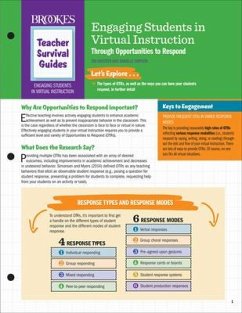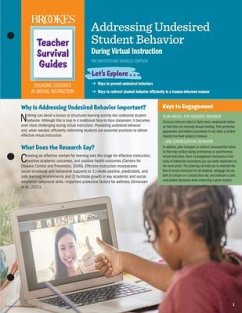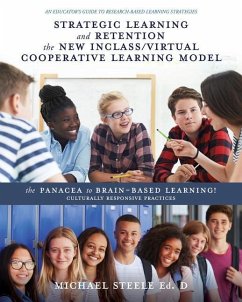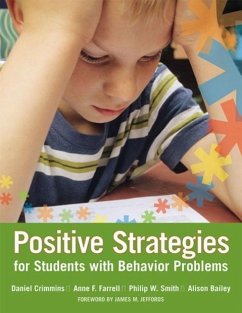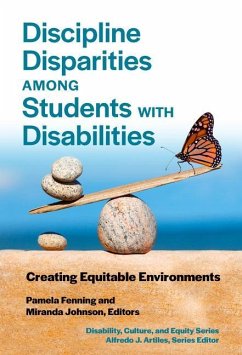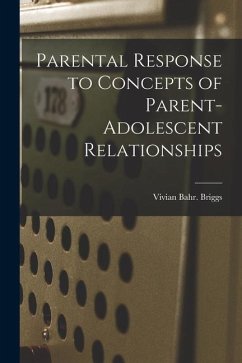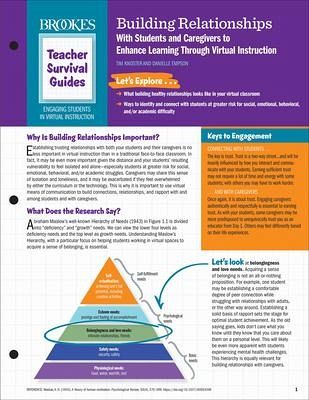
Building Relationships with Students and Caregivers to Enhance Learning Through Virtual Instruction
Versandkostenfrei!
Versandfertig in über 4 Wochen
13,99 €
inkl. MwSt.

PAYBACK Punkte
7 °P sammeln!
How can educators use virtual means of communication to build connections and rapport with students and caregivers? This quick-guide shows how to create healthy relationships in an online classroom and how to identify and connect with students at greater risk for social-emotional and/or academic difficulty.




